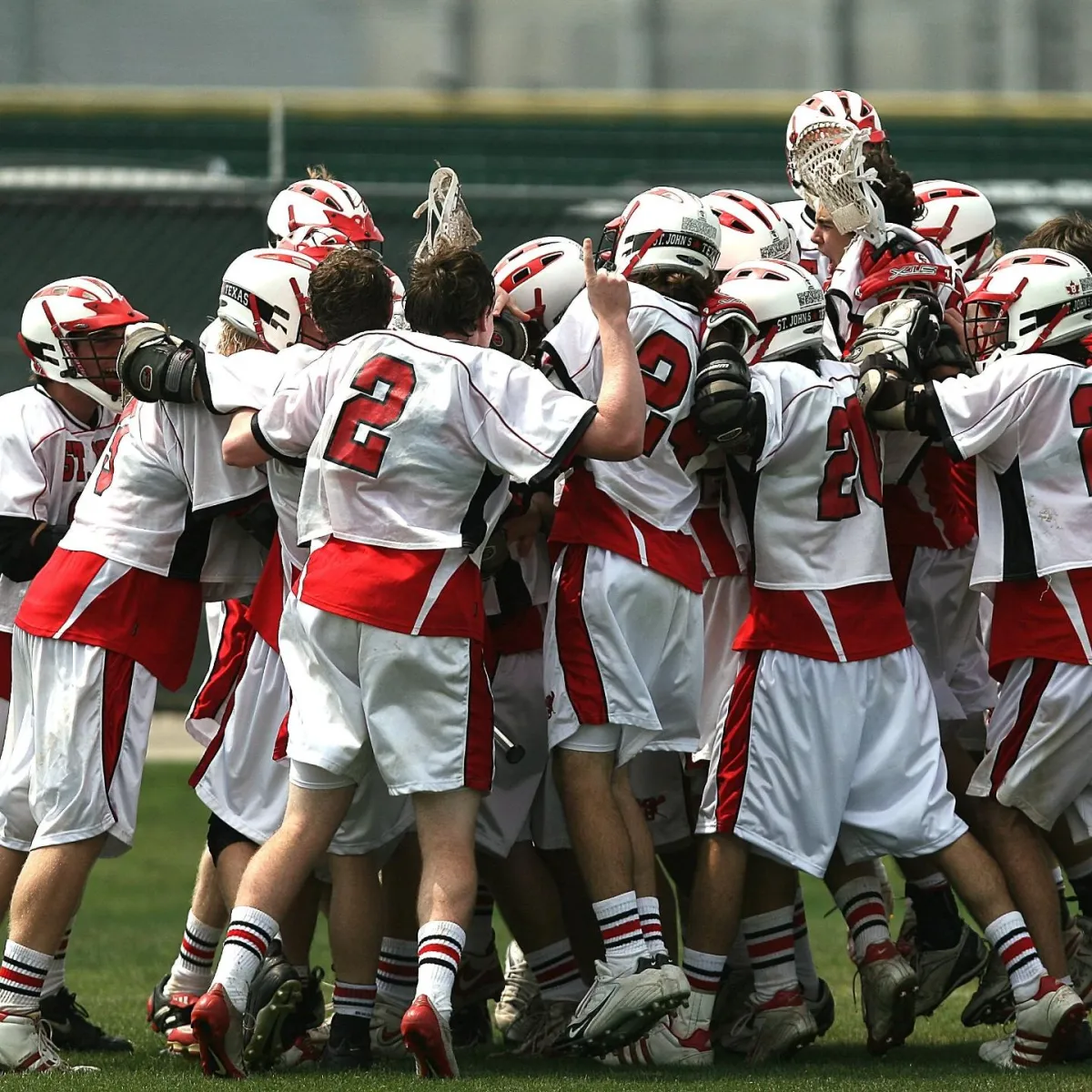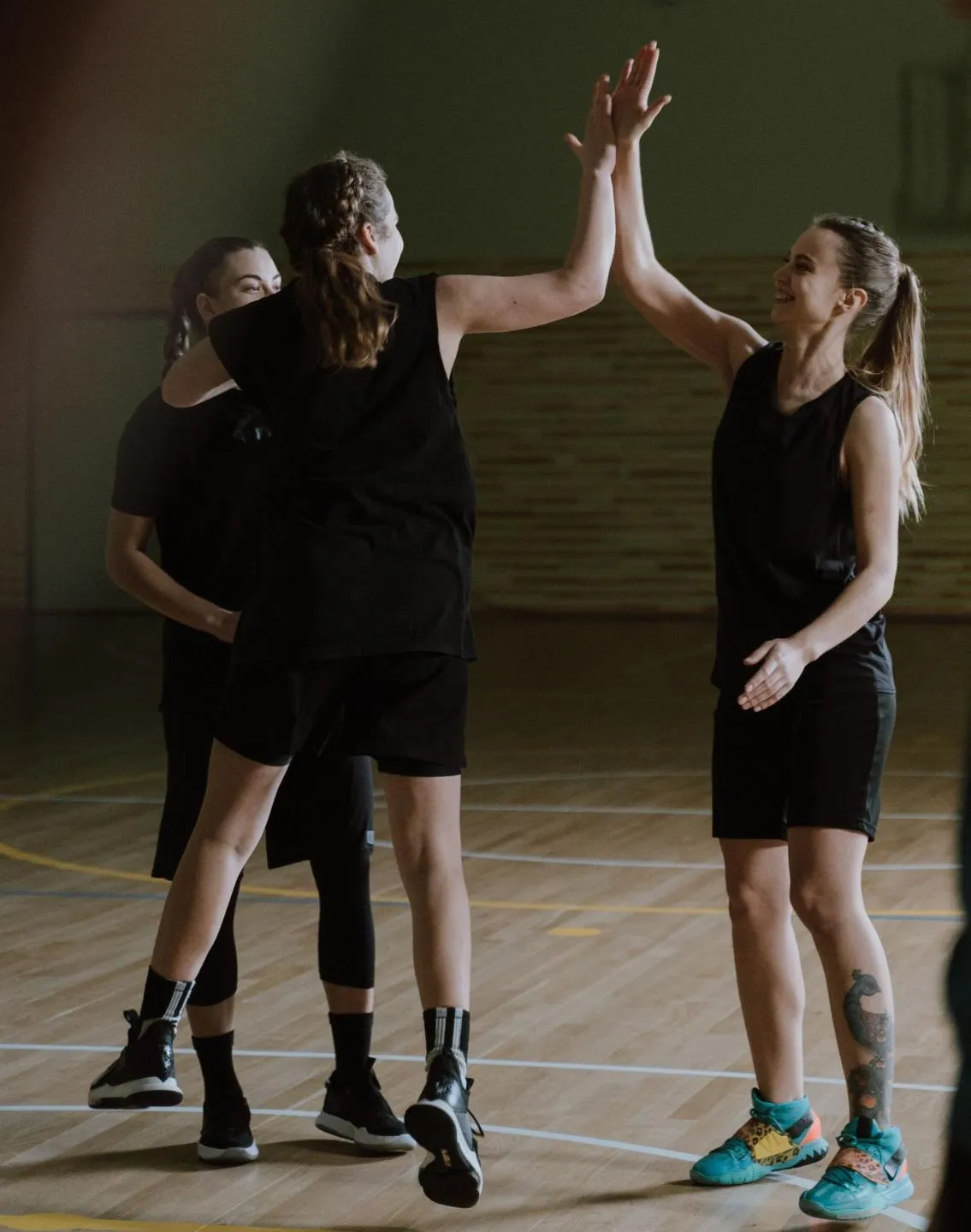Getting Right to the Point
I went to grad school to become a therapist and mental health provider.
I was a coach and athlete too. I became the expert I wish I had starting out in sports. To this day, I'm working to create the resources I never had so that no young athlete has to be pushed out and feel helpless to change.
I am not just doing this for me - I'm doing for it my nieces, nephews, and my son and his friends. We cannot accept that we can't do better in sports.
Letting the mental toughness myths dominate is unacceptable.
That would be cheating ourselves and our athletes.

Don't Cheat the Athlete was a live conference held in September 2023. An event for licensed mental health practitioners, graduate students and coaches, this event was an opportunity to learn interventions that work best with athletes, their families, coaches, and systems to be able to provide the proper therapeutic experience for the specialized population that athletes make up.
To continue on this mission to better serve athletes, the recording of this 6-hour training program is now available!
TOPICS COVERED
SESSION 1: DEFINING THE BRAIN PROBLEM
SESSION 1: DEFINING THE BRAIN PROBLEM - challenges all athletes face
Simplifying and teaching athletes the brain problem as the basic underlying concern of common athlete presentation of depression, anxiety, ADHD, OCD, and PTSD
Respond vs React - how the culture of sports and mental toughness myths create and maintain the brain problem
Understanding coaching approaches, youth sport systems, and beyond
Explaining depression, anxiety, ADHD, OCD, and PTSD in athletes
The family system - despite versus support: identifying the impact of parental approach and impact it has on performance
Who vs What - athlete identity and the Respect and Performance Ladder
Am I needy - Identifying and communicating needs with parents, coaches, and teammates
I’ve fallen and I can’t get up - injury recovery and the grief loop
Practicing smart habits - balancing rest and recovery vs hard work and the Mini Donut Rule
SESSION 2: UNDERSTANDING THE BRAIN PROBLEM AND ITS IMPACTS
SESSION 2: UNDERSTANDING THE BRAIN PROBLEM AND ITS IMPACTS
The slide - understanding cognitive fusion and its impact
It’s 100% mental - the psychophysiology and its contribution to the brain problems
Developing mental fitness - changing the frame and the conversation
Accepting the brain problem, challenging emotions, struggles, and the courage to ask for help
Measuring and defining mental fitness
Building a mentally fit competition system
Building a mentally fit change system
Integrating 15-30 minutes of daily mental fitness
Heart rate variability training, meditation, visualization, and competition grids
Expected outcomes
Learning how to play through challenging and difficult emotions
Developing a Just Play Zone
Commitment to challenges and growth
Characteristics athletes will develop
Self awareness; emotional flexibility; problem-solving orientation
ADJUSTMENTS TO THE COMPETITION SYSTEM
You will learn how to teach adjustments athletes need to make to their existing systems that will lead them to success in sports and life. Athletes are often told to “get out of your head” but never told how to do this.
System 1 - The Competition System. - Educating athletes about flow (Just Play Zone or Optimal Performance Zone) and the continuum of intensity. We teach athletes how to get, stay, and return to the Just Play Zone. This system is designed to give athletes the tools and skills they need to perform through the inevitable. Strong emotions - anxiety, pressure and frustration that show up when you are trying to Just Play in the moment.
Ring Ring: The bell curve
Reboot your Brain Skills
Using Heart Rate Variability Training to teach coherence and the Just Play Zone
SESSIONS 3: THE CHANGE SYSTEM
SESSIONS 3: THE CHANGE SYSTEM
System 2 - The Change System - This system helps athletes identify things they need to adjust. And we aren’t talking pennies, dimes, nickels and quarters.
Identify performance-interfering thoughts (PITS)
Build Mental Models
Understand Psychophysiology
Heart Rate Variability Training - teaches athletes to respond rather than react
Learn clinical skills and interventions important for successfully working with athletes.
Developing performance language and partnering with athletes
Deep dive mental fitness vs mental toughness
Externalizing the brain problems
Cultivate belief and commitment with solution focused approaches to get results
Miracles start with mindsets - The 5 Star Mindset
The challenge process
Create a buzz - Bee you
The self-forgiveness process - Learning to let go
Learning from failure - Developing a process
Being comfortable with the uncomfortable
Goal setting with athletes - process vs outcome goals - a simple framework
SESSIONS 4: HURTS SO GOOD
SESSIONS 4: HURTS SO GOOD
Understanding and identifying hidden traumas in athletes
Abuse of power
Injuries and PTSD
Pressure, anxiety, and OCD
Interpersonal trauma - difficult coaches, teammates, parents and systems
Outline of EMDR with athletes
Learn the Parnel 8 stage EMDR protocol adapted for athletes
Clinical stories of athletes that used EMDR to create mental fitness

"Don't Cheat the Athlete"
Training Program
$150
Approved for 6 CE Hour!
6-hour Training Video
Downloadable Worksheets
Resourse Lists
Assessment Quiz
Certificate of Completion
Meet Your Instructor
With over 20 years of experience, Hans Skulstad, MA LMFT, combines his passion for sports and mental health to help athletes raise their game, play at the next level and many times win championships that all athletes play for.
Co-founder of the acclaimed "Foundations Counseling" and "The Center for Sports and the Mind," Hans helps athletes overcome mental blocks to perform their best and find satisfaction in their careers.
Well-versed in many sports, he's provided thousands of clients the roadmap to success and healthy mindsets.

FEATUTED IN:

© 2023 Center for Sports and the Mind. ALL RIGHTS RESERVED.
